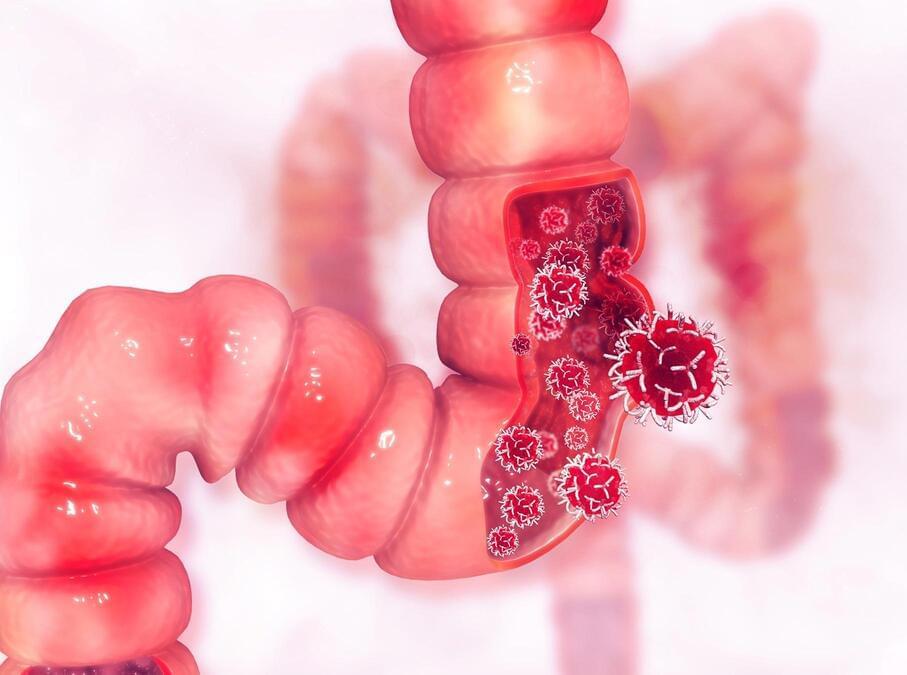A newly published research study from the UNC Lineberger Comprehensive Cancer Center describes how the absence of the protein NLRP12 significantly increases susceptibility to colitis-associated colon cancer in pre-clinical models.
A family of proteins is yielding new information about how it contributes to the development of gastrointestinal disease and cancer. A team of UNC scientists reports that in pre-clinical models, the absence of a protein called NLRP12 significantly increases susceptibility to colitis-associated colon cancer.
The NLR family of proteins is very complex and scientists have determined that the majority of them act as activators of inflammation. However, scientists at UNC and elsewhere have recently reported that one NLR protein, NLRP12, actually functions to reduce disease by inhibiting a major inflammatory pathway mediated by a protein called NF-Kappa B activation has been long associated with inflammation and cancer promotion. But NF-Kappa B has an alternate signaling pathway that is not as well understood. This alternative pathway was the focus of the UNC team’s study. Their study was published in the April 12, 2012 online issue of the journal Immunity.










Leave a reply